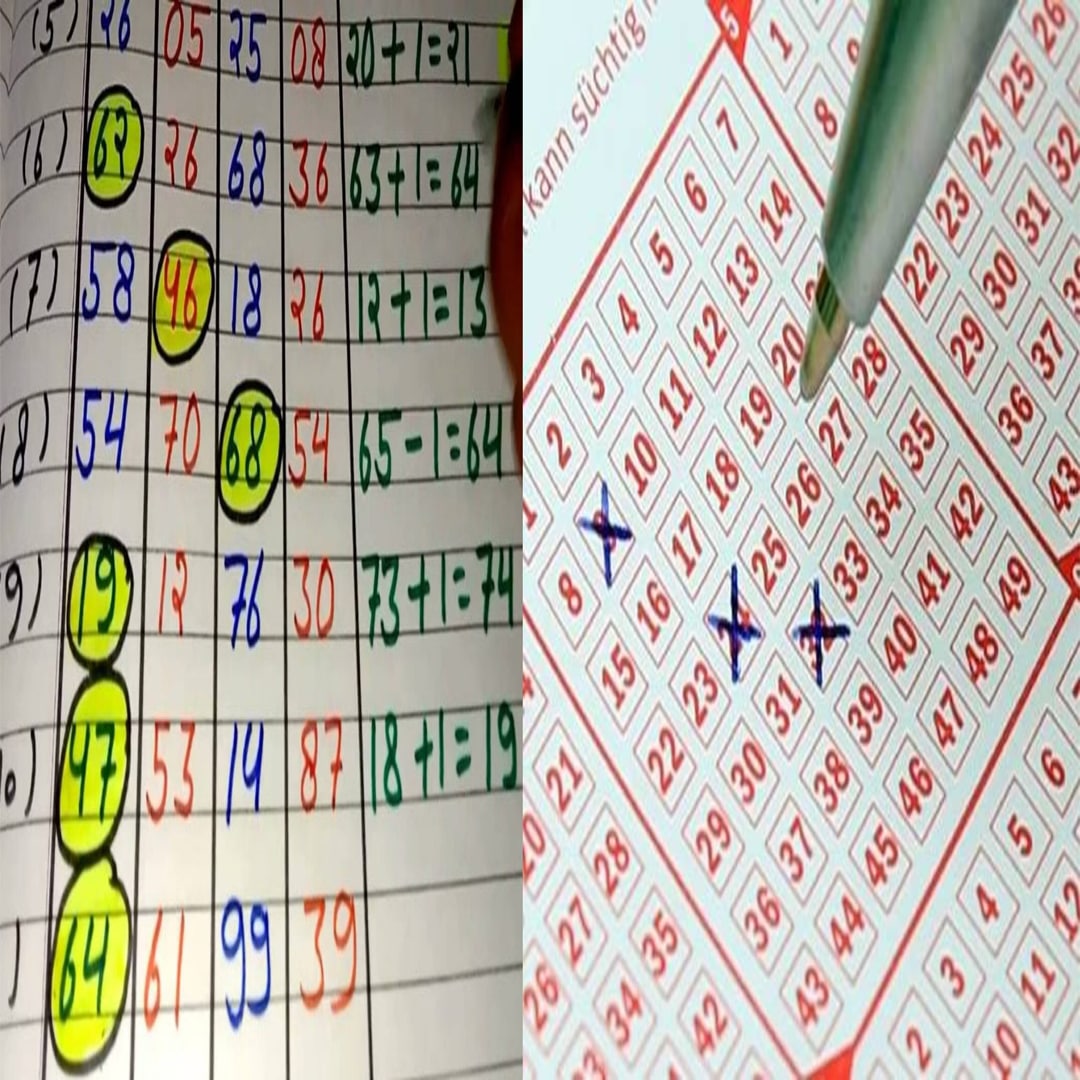
Kalyan Matka is a popular form of lottery and betting that has been around in India for decades. It originated in the 1960s as a form of gambling based on betting on the opening and closing rates of cotton transmitted to the Bombay Cotton Exchange. Over time, it evolved into a numbers-based lottery system. While many people enjoy playing Kalyan Matka for its excitement and potential rewards, the legality of the game in India has always been a subject of debate.
In this article, we will explore whether Kalyan Matka is legal in India and provide a clear understanding of the laws and regulations surrounding it.
The Legal Status of Gambling in India
Before diving into the specifics of Kalyan Matka, it’s important to understand the general legal framework around gambling in India.
In India, gambling laws are primarily governed by the Public Gambling Act of 1867. This is a central law that prohibits running or being in charge of a public gambling house. The law, however, is outdated and doesn’t address modern forms of gambling, including online platforms. Since gambling is considered a state subject, each state in India has the power to create its own laws and regulations regarding gambling.
Many states, like Maharashtra, Gujarat, and Delhi, follow the central act and have made gambling illegal, except for lotteries and horse racing, which are specifically legalized in certain areas. States like Goa and Sikkim have legalized certain forms of gambling, including casinos.
Kalyan Matka and Its Legal Ambiguity
When it comes to Kalyan Matka, the situation becomes more complex. Technically, Kalyan Matka is a form of betting, and traditional offline Matka gambling is illegal in most states. This is because Kalyan Matka falls under the definition of “gambling” as per the Public Gambling Act. In states like Maharashtra, where the game originated, playing or organizing Kalyan Matka is considered illegal.
Law enforcement has cracked down on several offline Matka betting hubs over the years, and players and organizers caught engaging in such activities can face fines or imprisonment, depending on the severity of the offense.
The Rise of Online Matka Platforms
In recent years, with the rise of the internet, Kalyan Matka has moved online. Numerous websites and apps now offer the game to users across India. These online platforms operate in a legal grey area. Since the Public Gambling Act of 1867 does not specifically mention online gambling, many websites exploit this loophole to offer online Kalyan Matka and similar games.
However, even though the laws around online gambling are not clearly defined, playing Kalyan Matka online may still put you at legal risk, depending on your state’s specific laws. States like Telangana and Andhra Pradesh have explicitly banned online gambling, while others have yet to pass clear regulations on the matter.
Skill vs. Chance: The Legal Divide
Another legal argument often made in the context of gambling is the distinction between “games of skill” and “games of chance.” According to Indian law, games that involve a significant amount of skill, such as rummy and poker, are legal in many states. However, games that rely purely on luck, like lotteries or traditional Matka, are typically considered illegal.
Kalyan Matka is widely regarded as a game of chance, where the outcome is unpredictable and not influenced by the player’s skill. This categorizes it as gambling under Indian law, making it illegal in most places.
The Risks of Playing Kalyan Matka
Given its legal ambiguity, playing Kalyan Matka can be risky, especially if you participate in offline betting circles. If you are caught engaging in illegal gambling, you could face penalties, including fines and potential jail time. Moreover, online Matka platforms may not offer the same level of protection or regulation, leaving you vulnerable to scams or fraud.
Conclusion: Is Kalyan Matka Legal in India?
In summary, Kalyan Matka is generally illegal in India, particularly when played through offline betting networks. The Public Gambling Act of 1867 and state-specific laws make it clear that gambling, including Matka, is prohibited in many regions. While online Matka platforms operate in a legal grey area, they are still risky, and playing on such sites could lead to legal trouble, depending on your state’s regulations.
If you are interested in playing games of chance or betting, it’s important to familiarize yourself with the specific gambling laws of your state. Always play responsibly, and if you’re unsure of the legalities, it’s best to avoid gambling activities that could land you in trouble.







